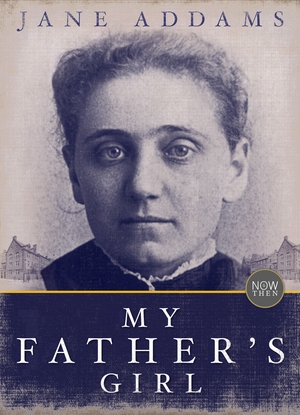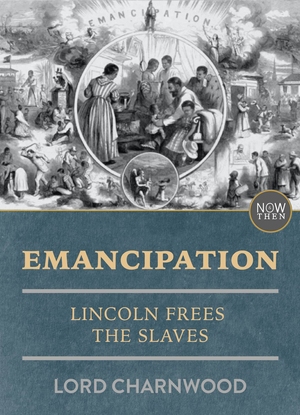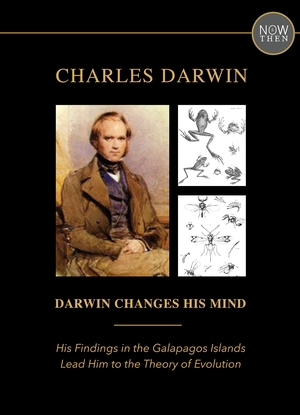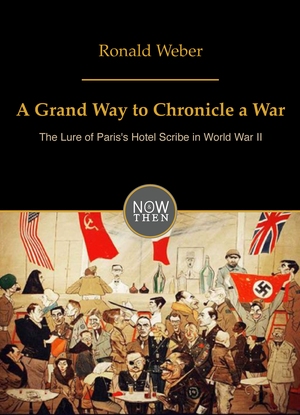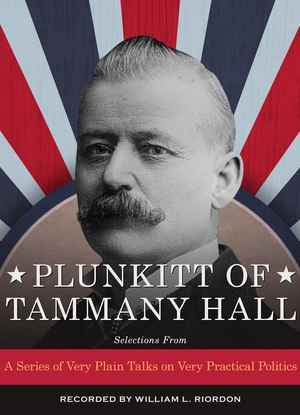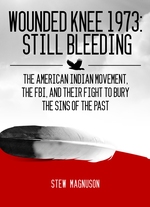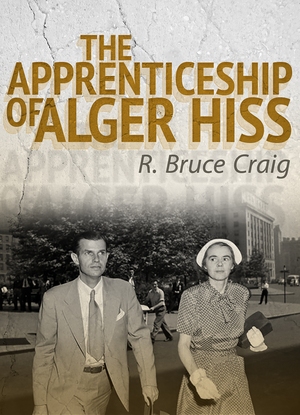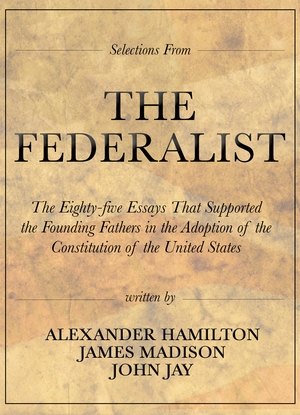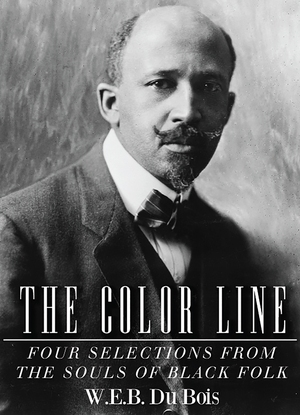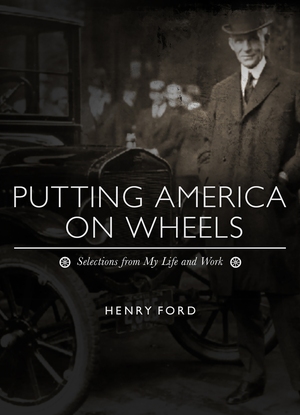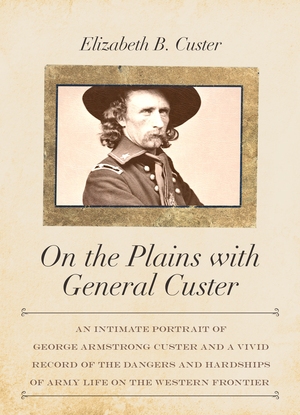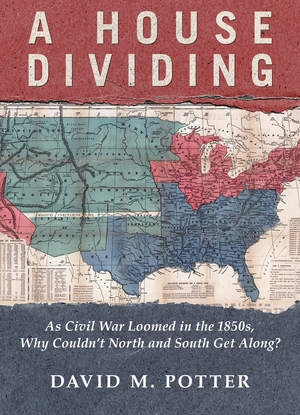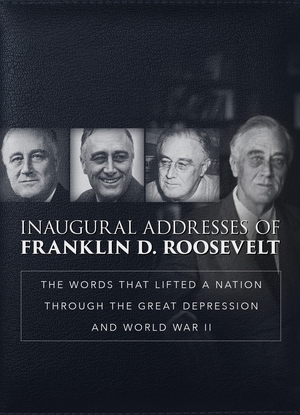American History Titles
Browse our American History titles listed below.
by R. Bruce Craig
United States History, Political Science, American History, U.S. History, U.S. GovernmentAlger Hiss’s turn toward the political left, leading to his association with Whittaker Chambers, is portrayed in Bruce Craig’s incisive account of Hiss’s early years, drawing upon previously untapped sources.
The Eighty-five Essays Written by Alexander Hamilton, John Jay, and James Madison Which Supported the Founding Fathers in the Adoption of the Constitution of the United States
by Alexander Hamilton, James Madison, John Jay
American HistoryIn the debate over the proposed American Constitution, the Federalist papers stood out as a brilliant analysis of the fundamental principles of the new government. They remain a major work in the history of political philosophy and the theory of representative government.
Four Selections from The Souls of Black Folk
by W. E. B. Du Bois
American History, United States HistoryFour essays, provocative and often poetic, about the black experience in America and the quest for equality at the turn of the twentieth century. The most celebrated essay is Du Bois’s attack on Booker T. Washington’s approach to the improvement of American Negroes, a powerful objection to Washington’s leadership. The other three selections concern the Freedmen’s Bureau after the Civil War and its failed promise; the relations between whites and blacks in the South, then and for the future; and the influence of black religion, especially the church as a social center.
Selections from My Life and Work
by Henry Ford
American HistoryHenry Ford tells how, through innovative techniques, he mass produced the Model T for the common man.
Selections from Boots and Saddles Or, Life in Dakota with General Custer
by Elizabeth B. Custer
American HistoryLibbie Custer’s Boots and Saddles, published in 1885, offers not only an intimate portrait of her husband George Armstrong Custer, the tragic commander of the Battle of the Little Big Horn. It also vividly records the dangers and hardships of life on the Western frontier for those army wives who followed their husbands from one post to another. Such accounts are scarce. The existence Libbie relates was difficult and sometimes precarious, and when the soldiers left for campaigns against the Indians, the wives waited uneasily at home for news.
As Civil War Loomed in the 1850s, Why Couldn’t North and South Get Along
by David M. Potter
American History, Civil WarSoon after Appomattox, historians began debating the causes of the American Civil War. Why had North and South grown apart? Had it been all about slavery as a moral question? Or were less visible economic interests at work? Perhaps two distinct cultures had finally produced irreconcilable differences. The debates continue to this day, but nowhere is the reader likely to find a more brilliant and succinct analysis than in David Potter’s account of the major events that led to war.
The Faith-Based Politics of Bruce Springsteen
by June Skinner Sawyers
American History, MusicThe working-class hero of rock music is Bruce Springsteen, who sings of the troubles and joys in the everyday lives of small-town Americans. At times Springsteen has been accused of being a romantic or, even worse, just a liberal; but he’s also been celebrated as a visionary, a troubadour whose insights into the struggles of common folk also touch on the larger themes of disenchantment with the American Dream. Springsteen came only gradually to a political message in his music. The course of his development is traced in this revealing portrait by June Sawyers.
The Words That Lifted a Nation Through the Great Depression and World War II
by Franklin D. Roosevelt
American HistoryAmong his other accomplishments, Franklin D. Roosevelt was the first president in American history to be elected four times. Upon each of FDR’s inaugural addresses, the nation faced different problems. Some progress had been made, but many problems had not yet been overcome; and meanwhile new challenges or perils lay on the horizon. In his addresses, Roosevelt offered the people a candid appraisal and sometimes sought to prepare them for circumstances that lay ahead.

